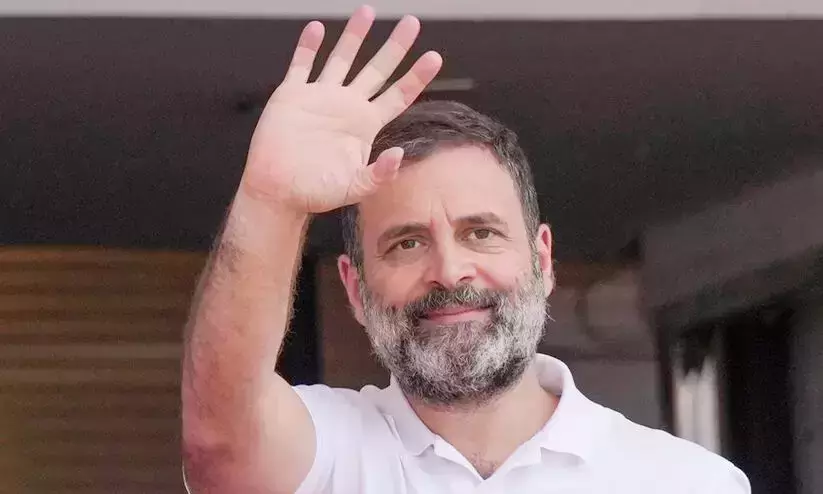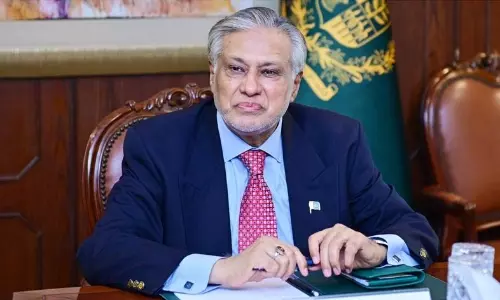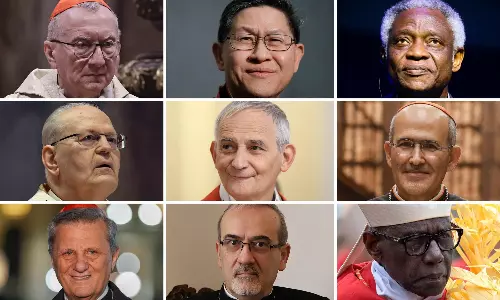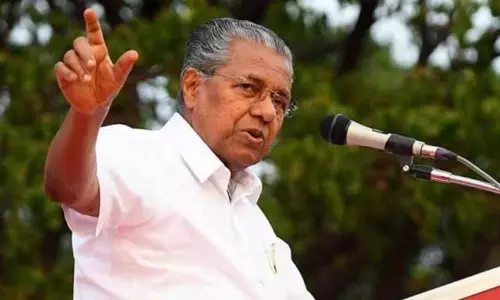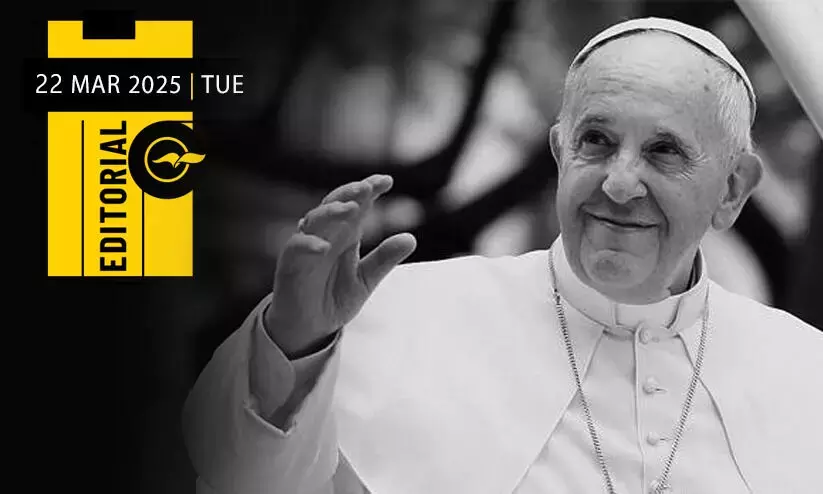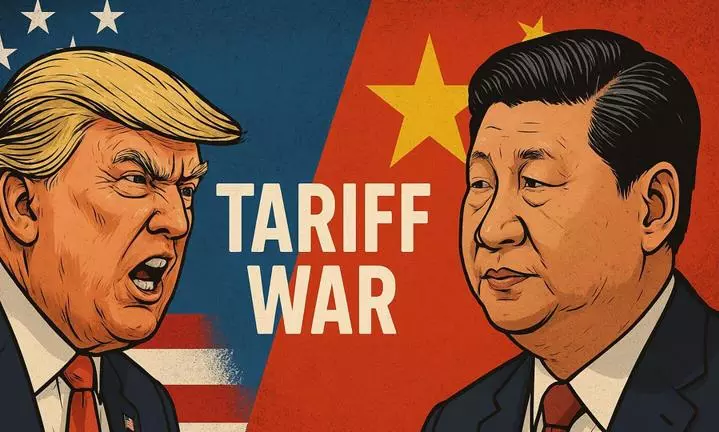
Costly, tariff-hit Boeing jet sent back as China warns countries against harming its interests
text_fieldsChina has returned a Boeing 737 MAX jet meant for Xiamen Airlines to the United States, amid escalating trade tensions with Washington, and has warned countries negotiating tariff relief with the US not to do so at the cost of Chinese interests.
The aircraft, which had been awaiting final delivery at Boeing’s Zhoushan completion centre, landed back at Seattle’s Boeing Field on Sunday after a 5,000-mile journey with refuelling stops in Guam and Hawaii.
The jet’s return has drawn attention to the deepening strain in US–China economic ties, particularly in the aviation sector, where tit-for-tat tariffs have rendered aircraft deliveries financially impractical. The 737 MAX, Boeing’s bestselling model, carries an estimated market value of $55 million.
With China imposing a 125% tariff on US goods in response to the United States’ decision to raise its own tariffs on Chinese imports to 145%, any Chinese airline taking delivery of a US-built aircraft would face prohibitive costs.
While it remains unclear whether Boeing or Xiamen Airlines made the decision to send the aircraft back, analysts suggest the move reflects the wider impact of tariff uncertainty on business decisions.
Several Boeing aircraft had been waiting in China for final handover, but confusion over shifting duties has placed those deliveries in limbo. Some airline executives are reportedly considering deferring new aircraft to avoid the heavy financial burden of tariffs.
China has also voiced concern over efforts by the United States to use tariff negotiations with other countries as leverage in its broader trade war. Reports suggest Washington is pressuring allied nations to restrict their trade with China or impose sanctions in exchange for tariff exemptions, a tactic that Beijing has strongly criticised.
Chinese authorities have warned that any country pursuing a deal with the US that undermines China’s economic interests would face strong countermeasures.
Despite claims from Washington that talks with China are ongoing, Beijing has not confirmed any formal negotiations and has insisted that the United States must demonstrate greater respect in its approach to trade.
China has rejected unilateral measures and protectionist tactics, arguing that such policies risk destabilising global trade and returning the international order to one where the powerful dominate the weak.




